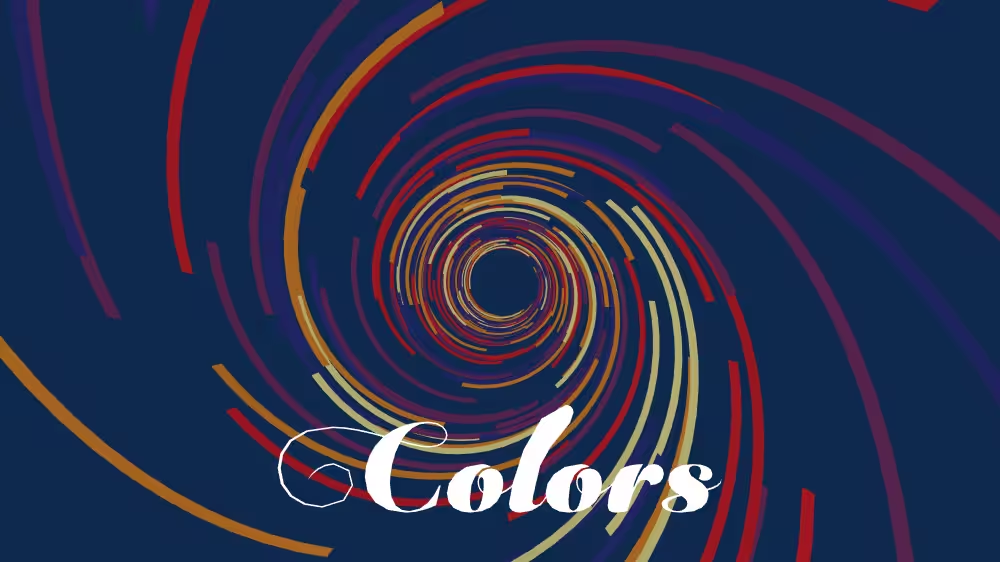NurbsSweptSurface
Overview
NurbsSweptSurface uses a trajectoryCurve path to describe a generalized surface that is swept by a crossSectionCurve.
The NurbsSweptSurface node belongs to the NURBS component and requires at least support level 3, its default container field is geometry. It is available from X3D version 3.0 or higher.
Hierarchy
1
2
3
4
+ X3DNode
+ X3DGeometryNode
+ X3DParametricGeometryNode
+ NurbsSweptSurface
Fields
| Type | Access Type | Name | Default Value |
|---|---|---|---|
| SFNode | [in, out] | metadata | NULL |
| SFBool | [ ] | solid | TRUE |
| SFBool | [ ] | ccw | TRUE |
| SFNode | [in, out] | crossSectionCurve | NULL |
| SFNode | [in, out] | trajectoryCurve | NULL |
SFNode [in, out] metadata NULL [X3DMetadataObject]
Information about this node can be contained in a MetadataBoolean, MetadataDouble, MetadataFloat, MetadataInteger, MetadataString or MetadataSet node.
Hint
SFBool [ ] solid TRUE
Setting solid true means draw only one side of polygons (backface culling on), setting solid false means draw both sides of polygons (backface culling off).
Hints
- Mnemonic “this geometry is solid like a brick” (you don’t render the inside of a brick).
- If in doubt, use solid=’false’ for maximum visibility.
- AccessType relaxed to inputOutput in order to support animation and visualization.
Warning
- Default value true can completely hide geometry if viewed from wrong side!
SFBool [ ] ccw TRUE
ccw defines clockwise/counterclockwise ordering of vertex coordinates, which in turn defines front/back orientation of polygon normals according to Right-Hand Rule (RHR).
Hints
- A good debugging technique for problematic polygons is to try changing the value of ccw, which can reverse solid effects (single-sided backface culling) and normal-vector direction.
- Clockwise
Warning
- Consistent and correct ordering of left-handed or right-handed point sequences is important throughout the coord array of point values.
SFNode [in, out] crossSectionCurve NULL [X3DNurbsControlCurveNode]
Defines cross-section of the surface traced about the trajectoryCurve axis.
SFNode [in, out] trajectoryCurve NULL [NurbsCurve]
Describes the center-line path using a NurbsCurve node, oriented so that it is defined counterclockwise when looking down the −Y axis, thus defining a concept of inside and outside.
Advice
Hint
- Conceptually it is the NURBS equivalent of Extrusion but permits the use of non-closed cross sections.
Example
